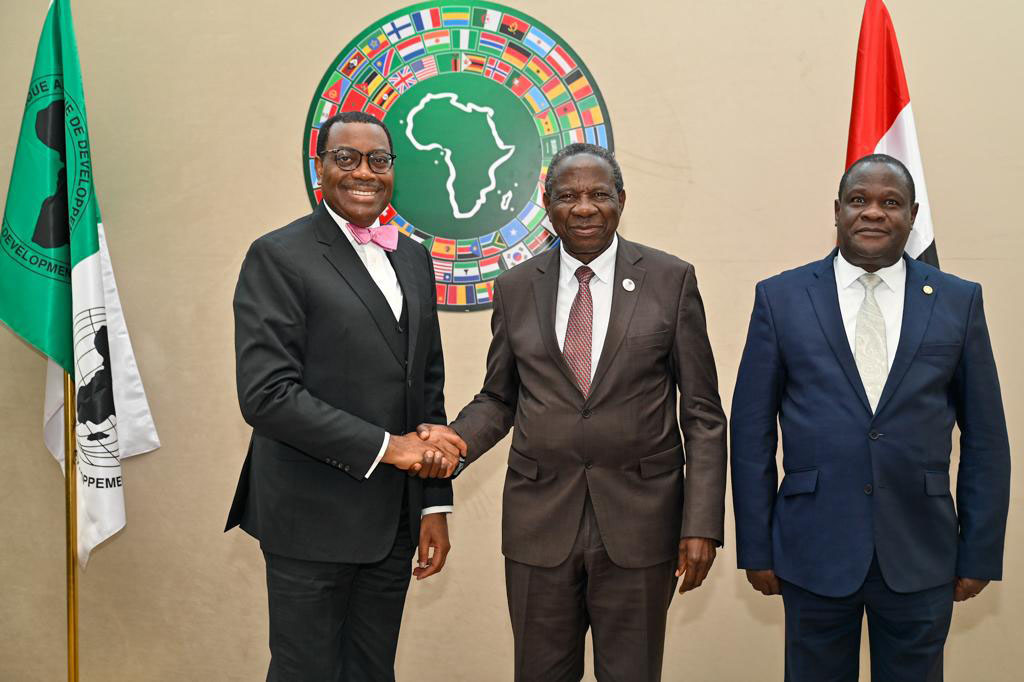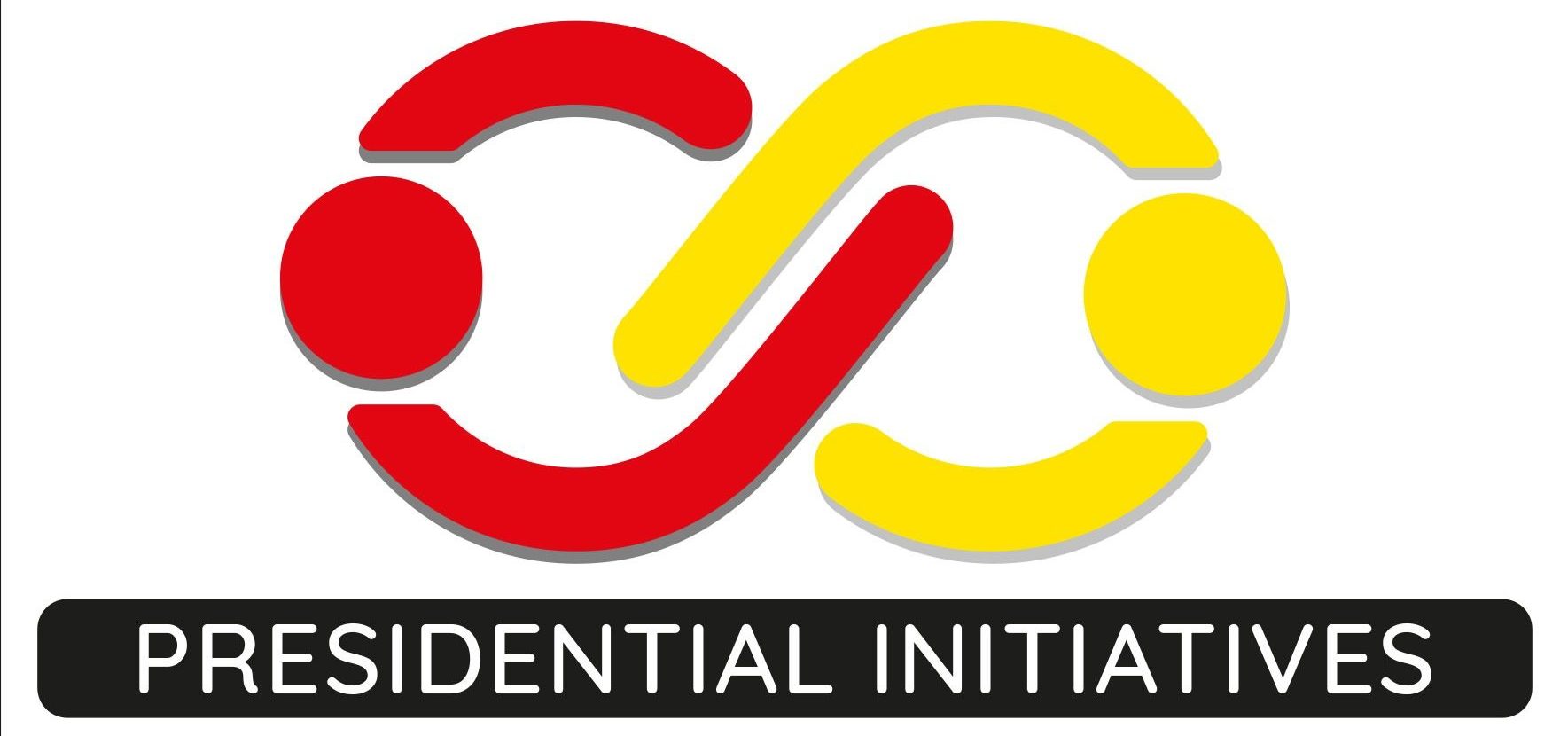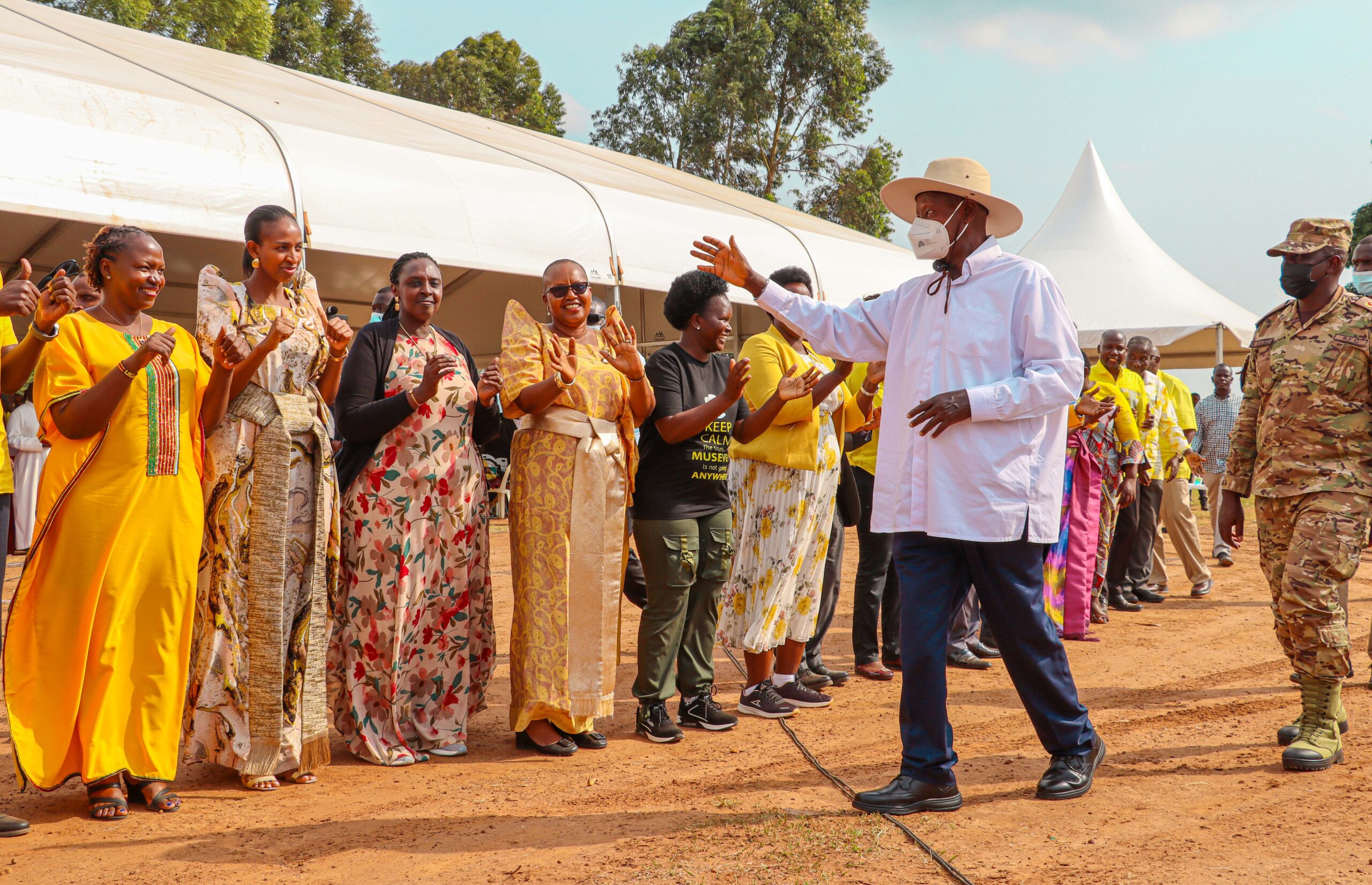
The Parish Development Model (PDM), a program to fight poverty, has received government of Uganda’s fervent backing from the African Bank (AFDB) Group.
At a meeting with Dr. Akinwumi A. Adesina, head of the AfDB Group, on Friday at the Sharm El Sheikh International Conference Center in Egypt, Finance Minister Matia Kasaija made the case.
This occurred during the 58th Annual Meetings of the Bank Group’s Board of Governors division.
According to a tweet from the finance ministry, Hon Matia Kasaija, the Minister of Finance, asked the AfDB to take into account assisting the Parish Development Model (PDM) initiative in three ways: solar-powered irrigation to ensure year-round agricultural production at the parish level; storage facilities for agricultural produce at the parish level to reduce losses; and value addition through agro-processing to increase farmers’ incomes.
Patrick Ocailap, the deputy secretary of the Treasury, traveled to Egypt with Kasaija.
The AfDB seeks to raise living standards and lower poverty on the continent. The bank emphasizes the crucial contributions it made to the growth of the content and the welfare of its workforce in 2022 in its most recent annual report, which was published on May 25, 2023.

According to the research, the continent will continue to face significant problems related to poverty, climate change, and issues of fragility and violence.
It states that in order to increase their resilience to upcoming shocks, African nations must step up their efforts to enhance their institutions, resources, and capacities.
The paper claims that by making transformative investments totaling $8.2 billion in 2022, the bank demonstrated its flexibility and sensitivity to Africa’s requirements.
The National Resistance Movement (NRM), the party in power since the most recent general elections, has pledged that the period from 2021 to 2026 will be dedicated to generating wealth, employment, and incomes for all Ugandans.
In its electoral platform, the NRM pledged to use the PDM as a means of reaching out to the homesteads still engaged in the subsistence economy and encouraging them to transition to the cash economy.
According to the 2019 household survey conducted by the Uganda Bureau of Statistics, 39% of families produce only enough food for themselves.
The government defines the subsistence economy as a cashless method of production that primarily relies on natural resources to meet household requirements, such as through hunting, gathering, and primitive agriculture with little surplus to sell or trade.
The PDM is intended to transition 3.5 million households that are still engaged in subsistence farming to the market economy, according to President Yoweri Museveni, who also serves as the national chairman of the NRM.



